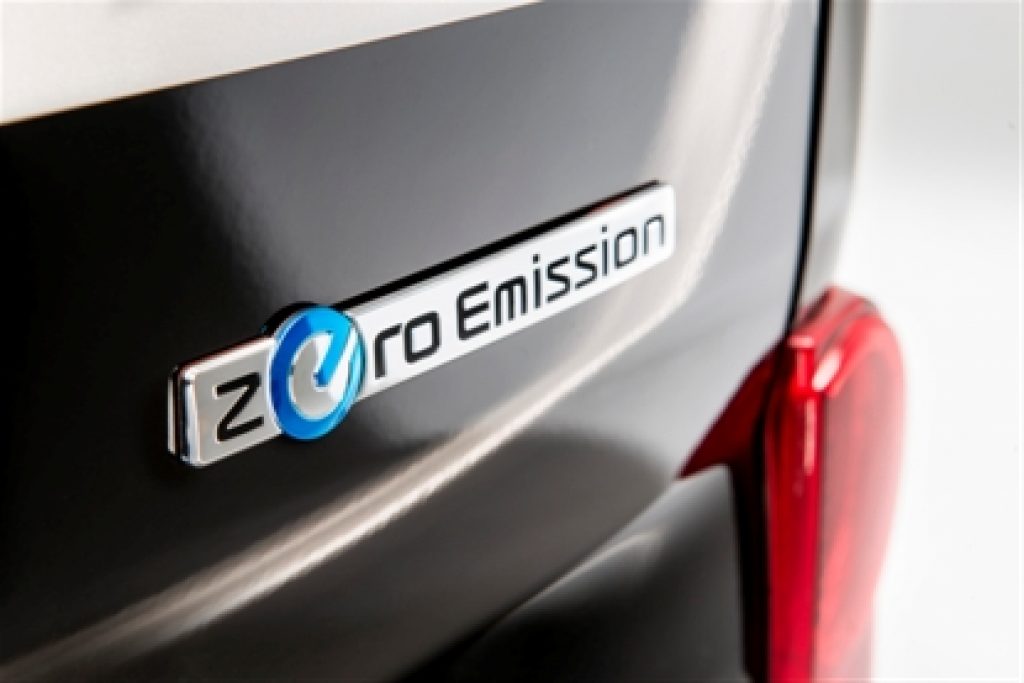
In a negative move the UK Government has slashed the new electric car grants from £3,000 to £2,500 from 18th March.
In addition it has also drastically cut the number of cars it is available for by putting a £35,000 headroom on the price. Electric cars costing more than £35,000 will now no longer qualify for the incentive. The previous headroom was £50,000 (also cut last year).
This move has been condemned by the car industry as a negative policy and contrary to its ‘green industrial revolution‘ announced in November 2020.
Stretching the funding
According to the government, the change has been made to “reflect a greater range of affordable vehicles available” and to help funding stretch further as more drivers make the switch to electric cars.
The government said: “This will mean the funding will last longer and be available to more drivers. Grants will no longer be available for higher-priced vehicles, typically bought by drivers who can afford to switch without a subsidy from taxpayers.”
Since 2019, the government claims, the number of sub-£35,000 pure-electric cars on the market has increased by “almost 50%”. It estimates that more than half the models currently on the market will remain eligible for the £2500 support package.
Falling grants and shrinking choice
Until this time last year, all electric cars were eligible for a £3,500 government grant. It was reduced by £500 and restricted to sub £50,000 cars as part of the 2020 budget, when funding was said to have been secured to run the scheme until 2022-2023.
The latest reduction has been made in an effort to preserve that timeline. The government said it will continue to review the scheme in line with “further price reductions in electric vehicles”. This suggests another reduction is on the cards, likely in March 2022.
Transport minister Rachel Maclean said: “We want as many people as possible to be able to make the switch to electric vehicles as we look to reduce our carbon emissions, strive towards our net-zero ambitions and level up right across the UK.
“The increasing choice of new vehicles, growing demand from customers and rapidly rising number of charge-points means that, while the level of funding remains as high as ever, given soaring demand, we are refocusing our vehicle grants on the more affordable zero-emission vehicles – where most consumers will be looking and where taxpayers’ money will make more of a difference.”
The government said it has provided £1.3 billion in grants to buyers of around 285,000 plug-in vehicles since 2011. Originally, the scheme included plug-in hybrid vehicles (PHEV) but was restricted to pure-electric models in 2018 in line with the growth in electric car availability and popularity.
ECE Opinion
Here at ECE we question the policy. Encouraging the high end of electric cars will take more ICE luxury cars off the road, the biggest polluters.
The choice of electric cars under £35,000 is limited, giving less choice for consumers wanting to make the switch to zero emmission driving.
The logic of making the pot go further is sound but the UK Government needs to be more proactive to meet its own 2030 deadline in stopping the sales of ICE vehicles.
They should stop pandering to the drivers of ICE vehicles and increase the duty on fuel, which remains frozen. This could then be used to increase the incentive pot of electric car grants to encourage the take up of electric cars.




